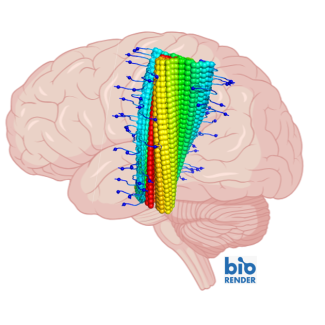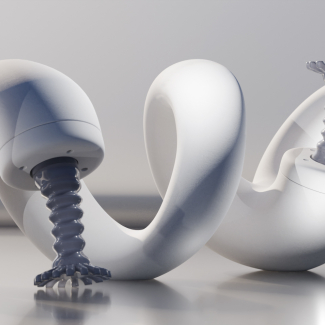
Predicting sports performance with “Big Data”
Smartphones and wearable devices are not simple accessories for athletes. A CNRS researcher1 has developed a simple mathematical model for studying the performance of endurance athletes. A recent collaboration with a scientist from the Polar Electro Oy company (Finland) made it possible to apply the model to data gathered from approximately 14,000 runners training in real conditions. According to their study, the mathematical model can estimate key physiological parameters such as maximal aerobic speed and endurance, which are known to be linked to health conditions and performance. The non-invasive gathering of this data offers new possibilities for treatments and monitoring. What’s more, this model could be used to predict the future performance of athletes, such as the race time for a marathon, which would help with their recruitment for teams and competitions. The study, which appeared on October 6 in Nature Communications, opens new avenues for quantifying the health and sports performance of athletes in real conditions.

- 1Laboratoire de physique théorique et modèles statistiques (CNRS/Université Paris-Saclay)
Human running performance from real-world big data, T. Emig, J. Peltonen, Nature Communications, 6 octobre, DOI : 10.1038/s41467-020-18737-6


